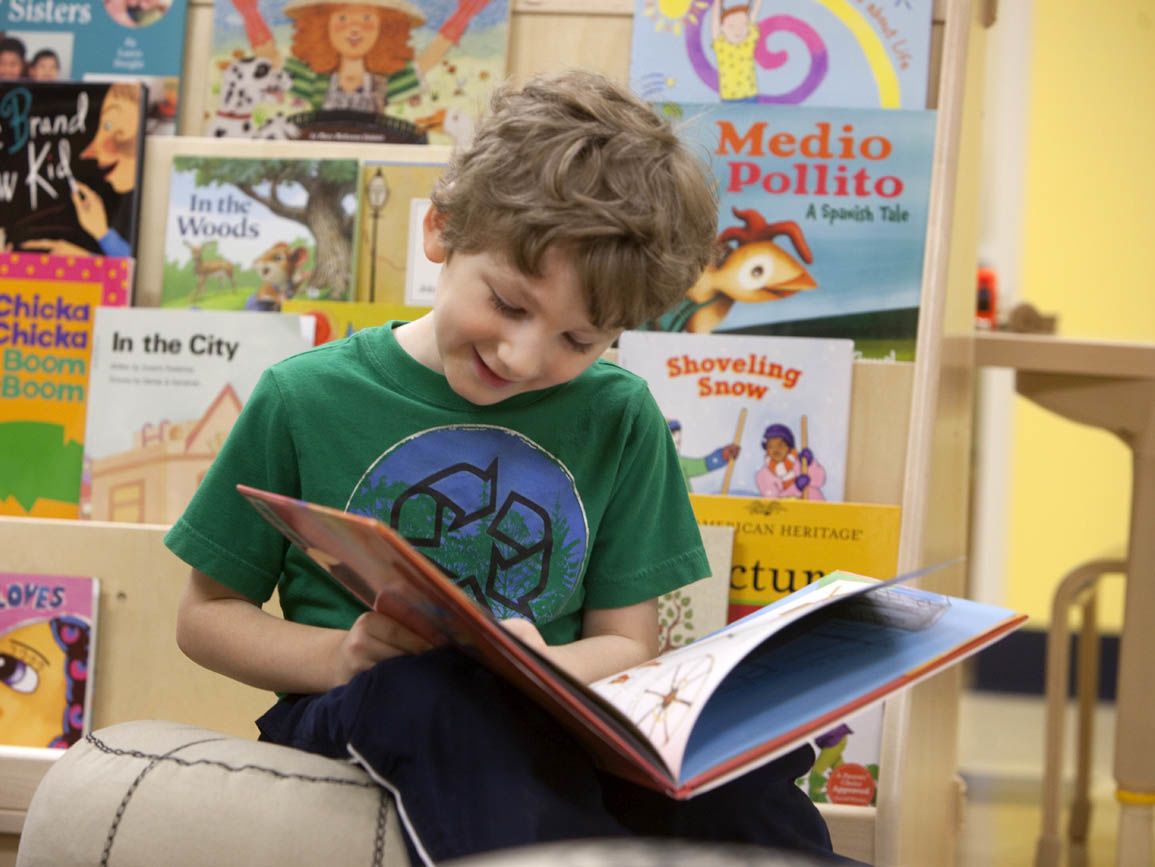“How can I help my toddler learn to persist at a task?”
This question came to us from a parent in our Bright Horizons community. In today’s post Julie Christensen, Senior Writer at Bright Horizons, a former teacher, and mom to four, offers some advice on how to encourage persistence starting at a young age:
Yesterday, I spent an hour trying to schedule a flight. The travel website I was using kept glitching and losing half my itinerary. I’m generally a fairly calm person, but I was surprised by how annoyed I felt. My nine-year-old daughter came in, assessed the situation, and patted my hand. She said, “Keep trying, Mom. I know you can figure this out.”
Eventually I did figure it out, but it made me think about children, specifically young children. Executive function is so important, but it sure takes a long time to develop. We all experience moments when staying calm is tough. For toddlers -- with their limited life experience -- it can be near impossible. My four kids are past the toddler stage – whew! Now I’m watching my daughter help her two boys through it. As I think back on my experiences over the years in the classroom as a teacher and in my home as a parent, a few things come to mind in helping young children build persistence:
Teach Skills
One of the reasons toddlers get frustrated is because everything is so hard. They’re still developing motor skills, language, and executive function. Simple tasks like using a spoon, getting dressed, or opening a door can seem monumental. No wonder they throw themselves on the floor in frustration. Give your toddler a break when you can by teaching skills and making things easier. For example, buy loose pants with an elastic waist and slip-on shoes for your toddler. Keep a sturdy stool in the kitchen. Store plastic cups and snacks where your child can reach them. Show your child how to open and close doors or turn on the water. Whatever it is that’s causing the frustration – ask yourself, “How can I break this down into steps my child can learn?”Don’t Rush In
On the one hand, you don’t want to ignore your child until she’s in tears. On the other hand, rushing in too soon will teach her that you’re there to bail her out. When your child seems mildly frustrated, offer an encouraging nod or a bit of advice. Then go about your own business, but keep an eye and ear open. This sends the message, “I’m here for you, but I think you can figure it out.” Jump in before your child is at the meltdown point, but after she’s given it a good college try herself.Offer Congratulations
Nothing is more encouraging than having a cheering section when you get it right. Watch for a time when your child digs in and perseveres through something hard. Then, be quick to acknowledge it. “That was really hard, but you kept on trying. Well done.”
Being frustrated and wanting to throw in the towel are part of the human experience – even for adults, as I was reminded yesterday. But, toddlers grow up. They learn new skills and they gain resilience and persistence. Set a good example, be patient, and cheer your toddler on.
Julie Christensen, mom to four, lives in Colorado where she writes for Bright Horizons and tries to corral the chaos at home.
What to Read Next:
- The Family Room: Toddler Behaviors that I Adore & Toddler Behaviors that Drive Me Crazy
- Bright Horizons Curriculum: Growing World of Toddlers
- The Family Room: 10 Activities to Encourage Preschool Independence





